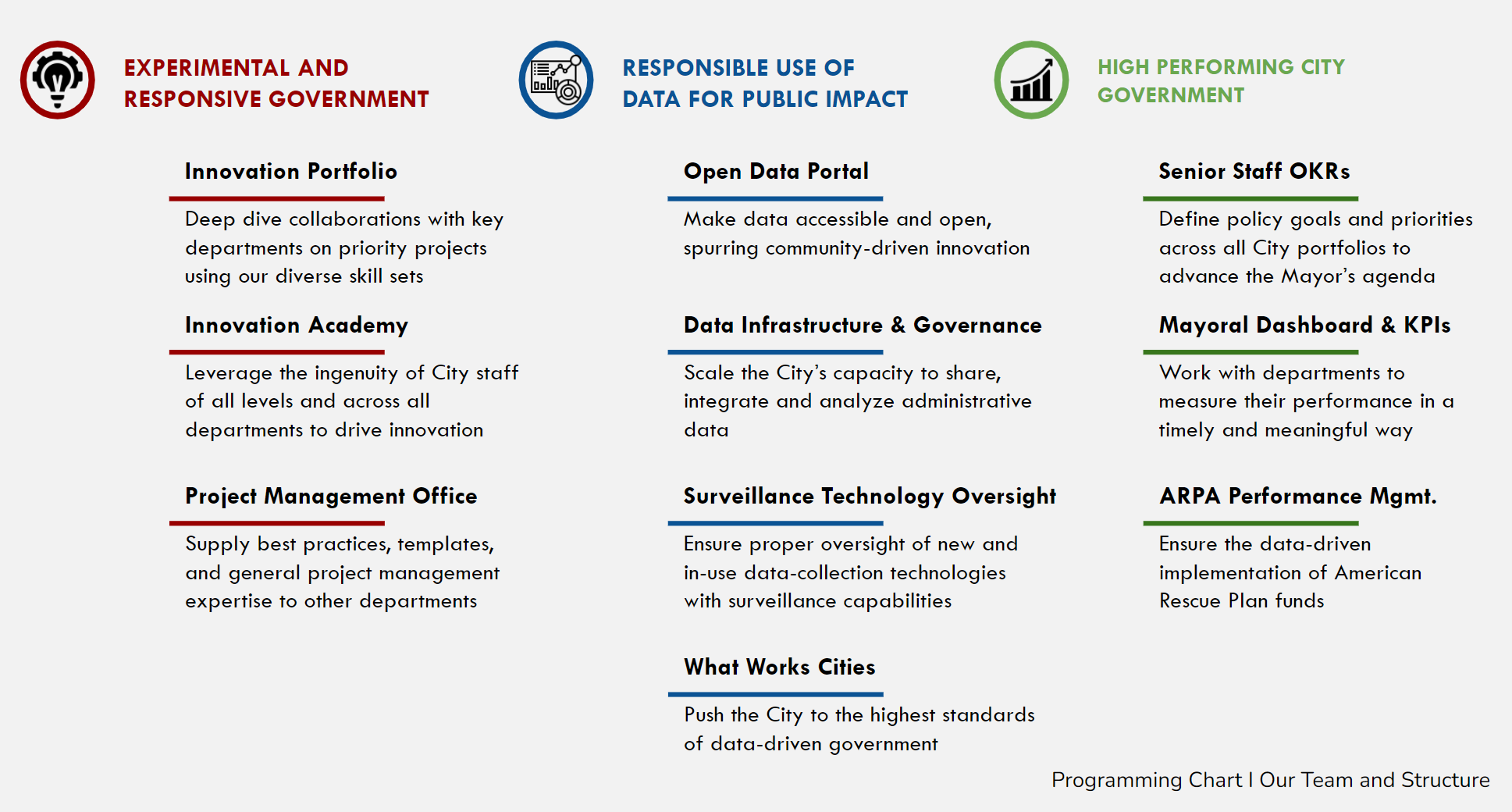Over the summer our office was fortunate to have hosted a cohort of very bright and driven interns, you’ve met them in a few of our previous blog posts you can read HERE. During our time together we had the pleasure and privilege to get to know these wonderful young women and work alongside them on a number of different projects and programs where their fresh perspectives and ideas proved to be invaluable to us. Before they left us to get back to their studies at Harvard and Syracuse University we asked them to summarize the work they completed with us over the 8-week internship and to highlight some of their favorite projects. Please read on to see how their summer went and all the great work that they helped us to accomplish!
The Art & Importance of a Gemba Walk
“Our work changed a lot during the pandemic.” We’ve heard this phrase quite a bit over the last couple of years as we (the global “We”) have adjusted – and readjusted several times over – to a world in which face-to-face interaction – a fundamental piece of what makes us human, was no longer safe. Now, just over two years since we went from in-person meetings, coffee chats, and sticky note-on-the-wall workshops to shared WebEx screens and 9x9 little square faces on our laptops, we’re slowly starting to venture back into the formerly comforting but now unknown territory of in-person interaction. For local government innovators, this transition “back” – even in small increments, is a welcome (understatement) change.
Rethinking Personnel Processes: From Hiring to Retiring - Showcase of our Work
In previous posts, we’ve talked about our process improvement project for some of our Human Resource Department forms, specifically their Employee Update and Personnel Requisition forms. The forms ensure that new employees can be hired; current employees can retire, and any other employment status changes can be processed in an accurate and timely manner.
In this post we will share what changes were made to these forms and their processes, the impact our work has had on the processes themselves, reflect on things that we did well in this project as well as the lessons we’ve taken away from this project.
How Syracuse implemented a process to review and govern surveillance technologies
After the Black Lives Matter protests of 2020, many voices were raised in Syracuse and around the county advocating for transparency in policing and technology that is used by law enforcement and other government departments, among many other things. Syracuse Mayor Ben Walsh then continued his dialogue with residents and community groups regarding police reform and government transparency…
Service Design in Local Government: Parking Payment Plans
Transforming the City’s Data Culture, One $123 Million Infusion of Federal Funding at a Time
Listen to Mayor Walsh articulate his vision for the City, and you will hear him describe his goal to transform Syracuse into a more data-driven city. But that process is not something that just happens on its own; it takes work and a data-driven culture needs to be nurtured. When the Federal Government passed the American Rescue Plan (ARPA) to provide funding to state and local governments around the United States in response to the ongoing Covid-19 pandemic, the City of Syracuse received $123 million and the Mayor saw this as an opportunity to foster and promote better data practices throughout the City.
Problem Identification
If you've read our blogs, visited our office, or been to our workshops, chances are you'll see process maps at some point. My colleague Jess wrote a great blog post about it. Process mapping is a tool that has become an integral part of a larger body of work that encompasses about a quarter of most "innovation" projects handed to us -- the problem identification phase.
How We Right-Sized the API Team’s Project Load and Team Capacity
The role and mission of our team has been constantly evolving since our inception as a Bloomberg Philanthropies Innovation Team in 2015. As part of a cohort of I-Teams, our team members spent the majority of our efforts focused on solving one high-priority issue per year. Past priority areas have included: Water and Road Infrastructure, Economic Opportunity, Housing Stability, Permitting, and Quality of Life.
In our current iteration as the Office of Accountability, Performance, and Innovation, over time our mission has grown to take on a larger and more diverse set of challenges, including leading cross-department change management and data analysis projects, operating an open data portal, guiding the City’s data infrastructure and governance, and managing the City’s performance management strategy, among other supporting roles and responsibilities.
As this transition gradually occurred over time, we found ourselves spread too thin, with too many projects and not enough team members to adequately support our many initiatives. To help address this, we instituted three changes to how our team operates so that we can better serve our colleagues across City departments and deliver better services to our fellow City residents.









